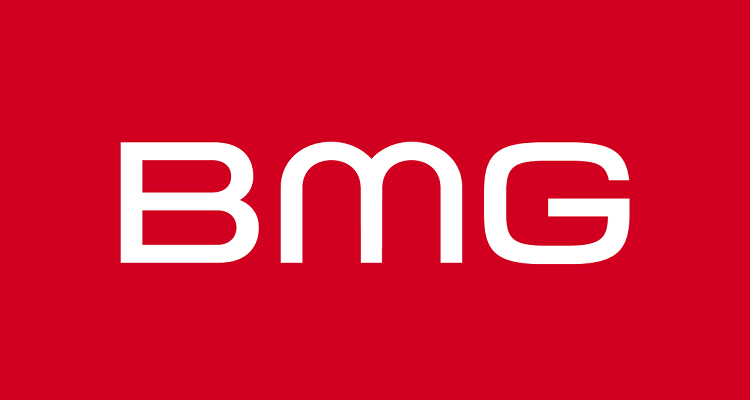
BMG has announced that it will eliminate an “unacceptable” deduction on mechanical royalties, referring specifically to the controlled composition clause that affords record labels a 25 percent or larger share of artist-songwriter residuals.
BMG higher-ups unveiled their plan of action against the controlled composition clause this morning, in a statement emailed to Digital Music News. Traditional record contracts have featured the controversial provision since the 1970s, per BMG – though the stipulation’s current prevalence is unclear. Nevertheless, the clause caps artist-songwriters’ mechanical royalties at 75 percent of the present statutory rate, according to the Bertelsmann subsidiary.
Additionally, BMG noted that labels sometimes limit the total number of songs that they’ll pay mechanical royalties for, regardless of how many tracks are on the album at hand. But the precise extent of the practice is once again unclear. Moreover, the effort to correct the clause is part of the “ongoing program to rebalance the music industry in favor of artists and songwriters,” BMG specifies in the text.
We reported in June that BMG would begin reviewing “all historic record contracts” to identify and rectify any inequities, and the royalty-reduction pivot is part of the same overarching undertaking. On this front, the entity has established a new task force, headed by COO Ben Katovsky, that is responsible for “improving fairness in music contracts,” including the racial-bias adjustments, the removal of the controlled composition clause, and more.
And moving forward, the joint label and publisher says it will “refrain from” adding the reduction to new record deals (seemingly confirming that it’d adopted the clause throughout its 12-year history) while also working to eliminate the 25 percent fee from its “entire catalogue” over the next year. Notably, however, the release doesn’t appear to mention whether the Berlin-headquartered company intends to issue refunds to the artists whose royalties have already been docked.
SONA co-founder Dina LaPolt, National Music Publishers’ Association (NMPA) President and CEO David Israelite, Ivors Academy Chair Crispin Hunt, and Nashville Songwriters Association International (NSAI) Executive Director Bart Herbison offered statements in support of the move. BMG CEO Hartwig Masuch, for his part, took aim at the steps other labels have taken to aid artists amid the pandemic.
“It is unacceptable for the record industry to continue to apply deal terms which are solely designed to reduce the incomes of musicians,” said Masuch. “We have heard a lot during the coronavirus crisis of initiatives by music companies to support artists. The best way to support artists is not to subject them to unfair terms in the first place.”
In spite of the pandemic’s far-reaching market impact, BMG reported all-time-high half-year revenues last month, proceeding shortly thereafter to ink a strategic partnership (including a co-owned hip-hop label) with French football club Olympique de Marseille.

